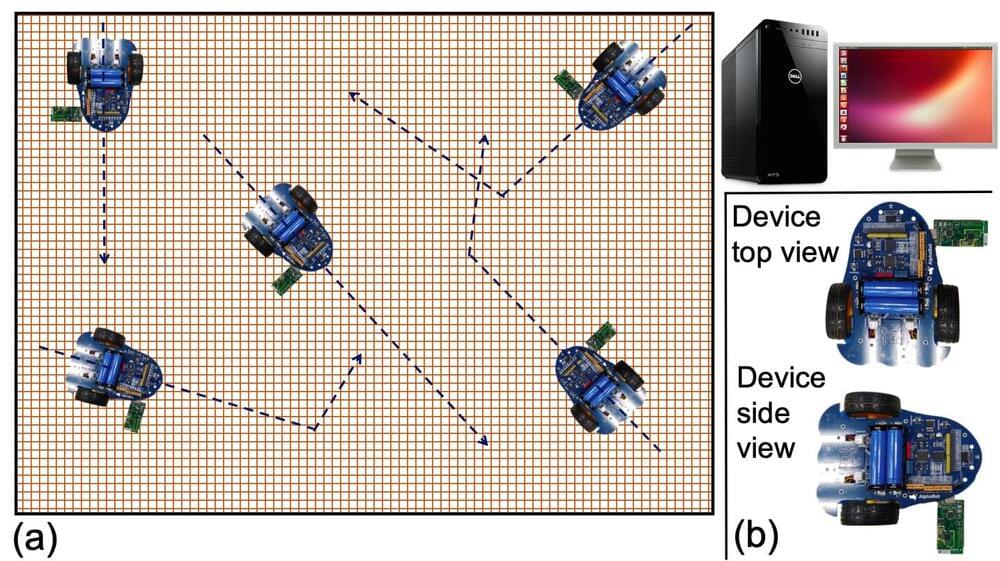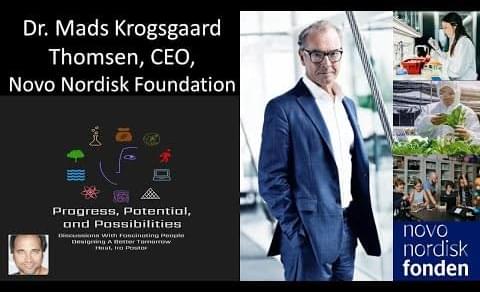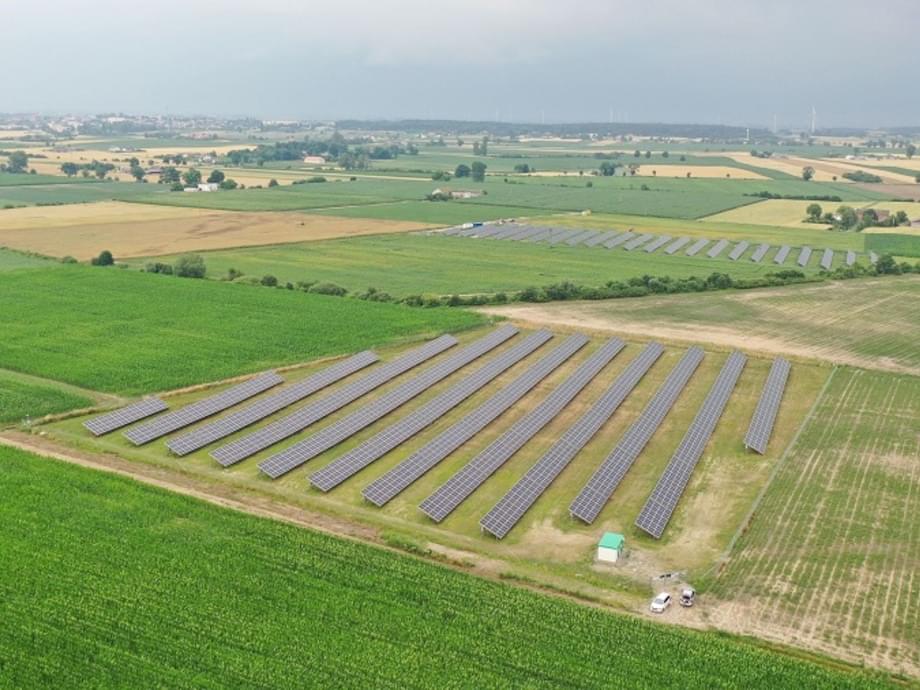
Researchers at the Indian Institute of Technology Bhubaneswar, in collaboration with TCS Research and Wageningen University, recently devised a new strategy that could improve coordination among different robots tackling complex missions as a team. This strategy, introduced in a paper pre-published on arXiv, is based on a split-architecture that addresses communication and computations separately, while periodically coordinating the two to achieve optimal results.
The researchers’ paper was recently presented at the IEEE RoboCom 2022 conference, held in conjunction with IEEE CCNC 2022, a top tier conference in the field of networking and distributed computing. At IEEE RoboCom 2022, it received the Best Paper Award.
“Swarm-robotics is on the path to becoming a key tool for human civilization,” Dr. Sudipta Saha, the lead researcher of the team that carried out the study, told TechXplore. “For instance, in medical science, it will be necessary to use numerous nano-bots to boost immune-therapy, targeted and effective drug transfer, etc.; while in the army it will be necessary for exploring unknown terrains that are hard for humans to enter, enabling agile supervision of borders and similar activities. In construction, it can enable technologies such as large-scale 3D printing and in agriculture it can help to monitor crop health and intervene to improve yields.”

















